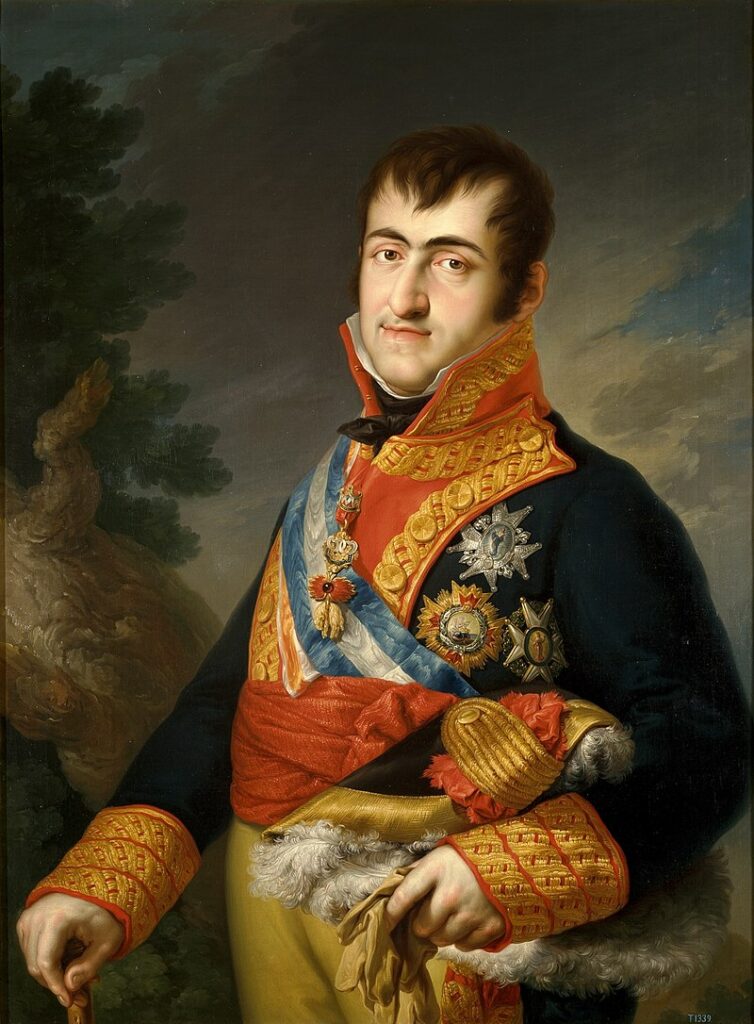
Ferdinand VII
( 14 October 1784 – 29 September 1833)
16
Ferdinand VII: The Past King in Spain
Ferdinand VII, also known as Fernando VII, was the king of Spain from 1808 to 1833. His reign was marked by political turmoil, foreign invasions, and power struggles that shaped the course of Spanish history.
Early Life and Background
Ferdinand VII was born on October 14, 1784, in San Lorenzo de El Escorial, Spain. He was the eldest son of Charles IV and Maria Luisa of Parma. From a young age, Ferdinand received an education that prepared him to assume the responsibilities of kingship.
However, Ferdinand’s upbringing and early experiences were overshadowed by the tumultuous political climate of his time. His reign would be characterized by conflicts and challenges that tested his leadership and the stability of the Spanish monarchy.
French Occupation and Abdication
One of the defining events during Ferdinand VII’s reign was the French occupation of Spain. In 1808, Napoleon Bonaparte’s forces invaded Spain, leading to a period of intense turmoil known as the Peninsular War. Ferdinand was forced to abdicate the throne in favor of his father, Charles IV, who in turn abdicated to Napoleon.
However, the Spanish people resisted foreign rule, and Ferdinand’s abdication was seen as illegitimate. This led to a power vacuum and a complex political landscape, with different factions vying for control and influence.
Return and Absolutist Rule
After the defeat of Napoleon and the restoration of the Spanish monarchy, Ferdinand VII returned to Spain in 1814 and resumed his position as king. However, his rule was marked by a shift towards absolutism, as he sought to consolidate his power and suppress liberal and progressive movements.
Ferdinand’s reign was characterized by a series of political purges, censorship, and the rollback of reforms implemented during the brief liberal period known as the Trienio Liberal. His actions led to discontent among various sectors of society and sparked resistance and uprisings.
Legacy
Ferdinand VII’s legacy is a complex one, reflecting the turbulent times in which he ruled. While he is often criticized for his authoritarian tendencies and his suppression of liberal ideals, he also faced significant challenges and pressures from both internal and external forces.
His reign serves as a reminder of the delicate balance between monarchy and popular aspirations for freedom and representation. Ferdinand VII’s death on September 29, 1833, marked the beginning of the Carlist Wars, a series of conflicts over the succession to the Spanish throne.
